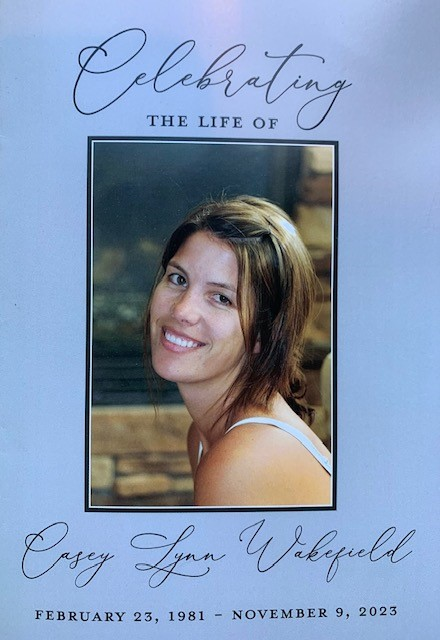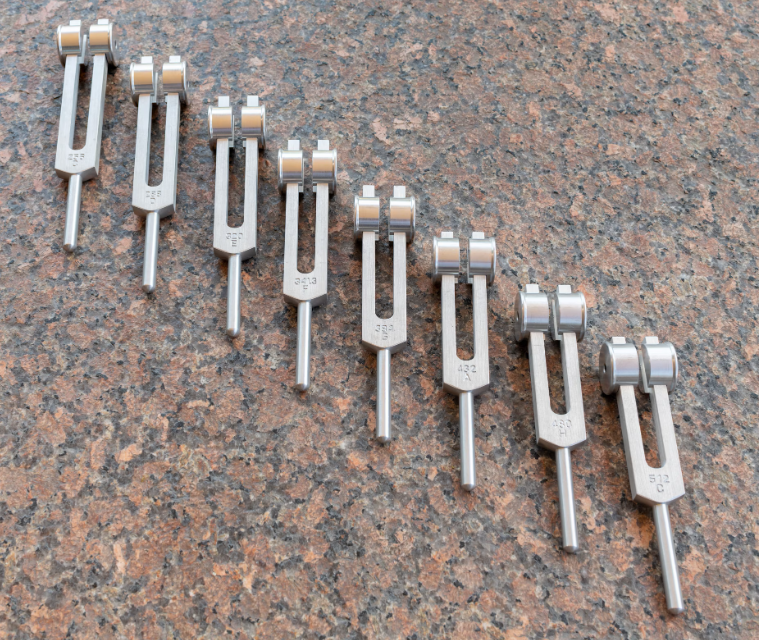Years ago, I heard John Maxwell says something I’ve never forgotten.
To paraphrase—A great leadership legacy can take decades to build, but can be lost in an instant.
An ominous warning.
We all have bad habits. We are all addicted to something.
It might be shopping. It might be Netflix. It might be sugar. It might be worse.
But human beings are habit and addiction machines, and some habits are more problematic than others. And certainly, the pandemic increased our self-soothing (i.e. numbing) behaviors.
Often, we can keep our problem habits hidden from others—but sometimes they catch up with us if we don’t stop to address them.
Even one bad decision can sometimes have enormous consequences—especially if you have climbed to high levels of leadership where your actions are visible to many.
Here is what I took from Maxwell’s wisdom—never stop coming back to the vital lessons in personal leadership.
It is essential to stop periodically and do an honest self-assessment to keep bad habits from destroying all that we have worked for.
It is the stable foundation that will make your legacy last.
A legacy of shame
Enron was founded in 1985 by merging two relatively small companies—Houston Natural Gas and InterNorth.
By the year 2000, they had 29,000 employees and annual revenues of $101 billion dollars.
Fortune magazine named Enron “America’s Most Innovative Company” for six years in a row.
Then they declared bankruptcy on December 3rd, 2001.
Kenneth Lay—the CEO—has been called the third worst CEO in American history who left behind a “legacy of shame, mismanagement, and dishonesty” by Bloomberg News.
Lay’s long path to success is interesting and tragic, and can serve as a sobering lesson for all of us.
He came from a background of poverty and farm living. His parents owned a feed store that eventually went out of business.
But Lay was determined to rise above his circumstances.
He worked hard painting houses to put himself through college—eventually earning a bachelors and master’s degree.
He served in the Navy, became a teacher at George Washington University, and even went on to earn his Ph.D. in economics from the University of Houston.
On his rapid rise to the top, he held some impressive roles including the energy deputy undersecretary for the United States Department of Interior until 1974.
Amidst other huge achievements, he was named by George W. Bush as a possible candidate for the United States Secretary of Energy in 2000.
You know the rest of the story.
His climb to success ended abruptly when Enron’s corruption and fraud were publicly exposed in 2001.
Can you imagine rising from poverty in the 1940’s to serve in the Navy, earn your Ph.D., and run a company making over $100 billion dollars almost 60 years later?
Six decades of work wiped out by dishonesty, greed, and poor financial habits.
I don’t know when Kenneth Lay started cheating his way to riches, but perhaps he started skimming tiny amounts at first.
Sadly, there are many other examples of leaders who have fallen from great heights for similar reasons.
Actors who have lost fortunes after making millions.
Pastors who concealed secret habits and lost their churches.
They held positions of significant influence, then lost everything when a bad habit caught up to them.
Confront the brutal facts
In Jim Collins business classic—Good to Great—one of his essential lessons from the companies that outperformed all the competition is: confront the brutal facts, then never lose faith.
It’s worth repeating: Confront the brutal facts, then never lose faith.
Listen to Collin’s words: “Breakthrough results come about by a series of good decisions, diligently executed and accumulated, one on top of another.”
The highest performing companies “infused the entire process with the brutal facts of reality.”
This might be great advice for companies, but is even more important when it comes to personal leadership.
I’ll conclude with a success story about Robert Downey Jr.
His father introduced him to drugs at age 6, which began his 30-year personal battle with addiction.
Despite early success, his fall from grace was public and humiliating. He even served 12-months in prison.
He finally confronted his addiction, and has reportedly been sober since 2003.
Now we remember him as Iron Man or Sherlock Holmes.
What habits or areas of your personal life could catch up with you?
I don’t know what your secret habits or “brutal facts” are, but its critical to stop and get help, the earlier the better.
If you are accumulating debt every month, start digging out now.
If your marriage is slipping, get help.
If your kids are drifting, cut back on work and develop a strategy.
As we’ve talked about in prior posts, your habits—good or bad—will make or break your legacy over time.
Take action now
MIT’s Sloan Management School says that self-awareness is the most important leadership capability.
You need to know your blind spots and holes in your game.
Here are some ways you can gain awareness and work on your weaknesses:
- Join a support community. If you struggle with addiction, you will do better in a safe and supportive community with accountability.
- Get a therapist, coach, or mentor. Whatever your habits are, you can benefit from a professional or mentor who can help you replace bad habits with ones that will support the legacy you want.
- Invest in your marriage. This might mean taking the time to do a marriage enrichment class or getting couples therapy.
- Consult a parenting resource. I’ll admit, I’m a psychologist and I’d be lost without the incredible parenting resources we have discovered through books and classes. The most important thing you may ever do is raise another human, so the subject of parenting is worth your time and learning.
- Create a solid financial plan. If your financial trajectory or overall net worth is headed in the wrong direction, stop and educate yourself. Take a class, read a book, do a budget, pay off debt, build an emergency fund, invest in retirement. Don’t end up like the majority of Americans who have not planned well.
- Hire a health coach. As we talked about in the post on being a steward of your health, don’t let poor health habits with diet and exercise catch up with you.
- Ask a trusted friend to tell you their concerns about your life. This kind of truth telling takes a special relationship, but can be a great starting place.
Have a great weekend!
Parker
*If you have enjoyed Leadyoufirst.com articles, check out The Next Peak Podcast where Parker co-hosts every other episode.
Suggested Resources
- Good to Great: Why some companies make the leap and others don’t by Jim Collins
- Enron
- Kenneth Lay




